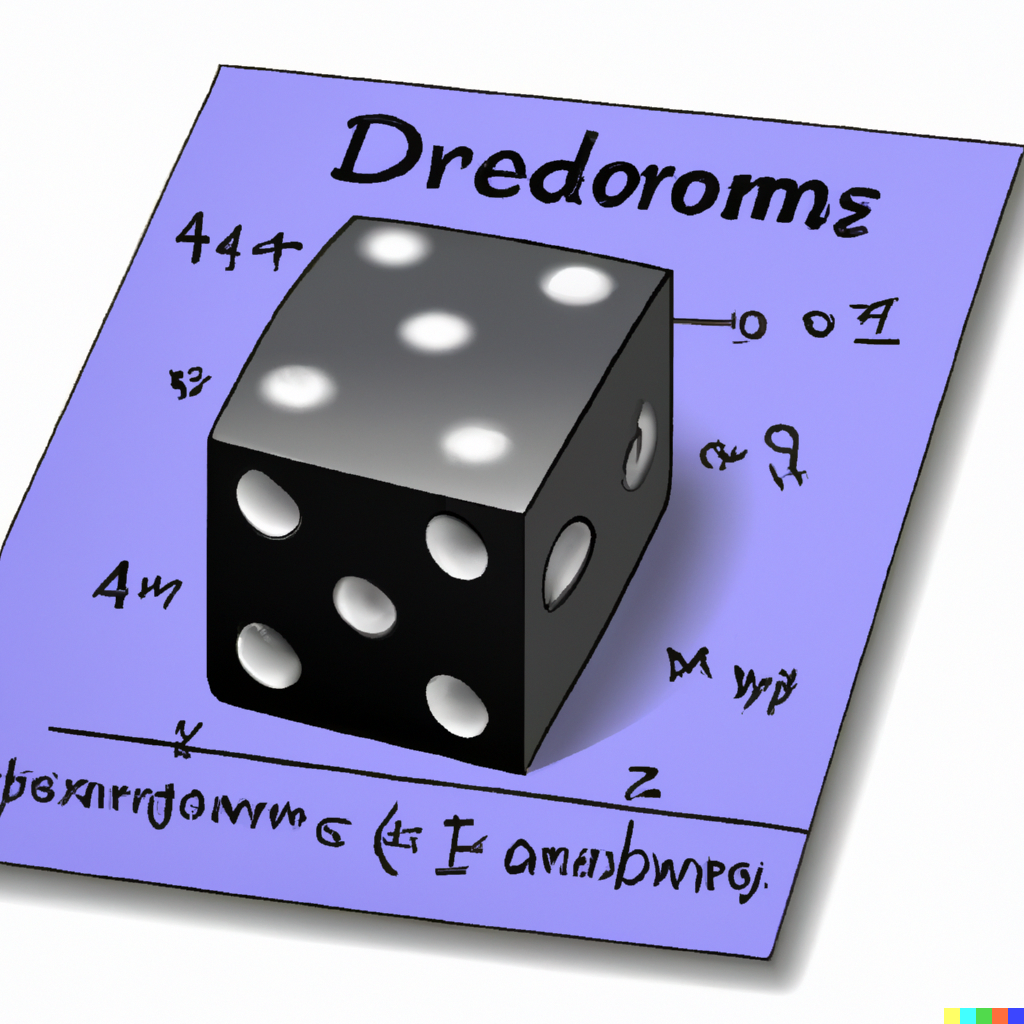I’m honestly suprised the amount of effort and awesome stiff went into this. Like its functional and usable. I can’t say all hardware gets the same treatment.
I’ve watched some of the reverse engineering video’s of the graphics card. Very impressive.
If they can get the speakers to work and make suspend stable I will definitely give it a go on my M1 Pro.
Out of curiousity. Why get a M1 or mac for that matter. In the first place?
Battery life is pretty much untouchable, and that’s a very important metric. The speakers on Macs are pretty top notch too.
It’s not my cup of tea either, but plenty of people don’t have any issue with MacOS
M1: it’s the best laptop you can buy. Not for the money, not in a category. Best. I say this only having used one for work and owning non m1 laptops myself. If you get a chance to try one out sometime give it a shot. We’re all moving toward risc and it’s a taste of what can be. To get an idea how good it is, industries with specific needs like gpus for cad/cam are implementing software and hardware solutions to get onboard. It’s wild. The air is passively cooled too.
Macs: have been fantastic, durable, long lasting laptops for at least fifteen years. The support windows are predictable (and extended when very popular hardware comes by like the 2012 mbp 12”), the parts are widely available, there’s usually service nearby, they offer a good warranty, the touchpads are top notch and they retain resale value like nothing else.
Lest people who think this is a contest jump in here: I own, maintain and use many pcs in both desktop and laptop form. There are valid reasons to choose a pc over a mac. The post I’m replying to asked why people choose macs.
Responding to you because you’re the most verbal here so far. I recently upgraded from an m1 pro 14" to an m2 max 16". Leagues above anything else on the market, IMO. But people still seem to be sticking to the M1 praise. Is it just market lag, or is there something about the M1 specifically?
What the other person said. Eventually we’ll have a word for it that isn’t five syllables or an inaccurate name for the first gen processor.
M1 is just a synonym for Apple Silicon at this point.
It could also be affected by the lowest entry point on M2 being higher than M1 was, but I’m pretty sure there isn’t any “M1 is better than M2” energy happening.
For core audio for me.
Hardware-wise it’s the best laptop you can buy. It’s fast, quiet with amazing battery life. Speakers are superb. Keyboard, touchpad and display it’s just very nice to work with. I’ve had several non Apple laptops in the past and they’re just no match.
Only thing is MacOS, I just can’t get used to it. It is not that big of an issue for me because I mostly just use a terminal and a browser on it (it’s not my main computer). But being able to run Linux natively on it would be nice.
Fedora Asahi is great on my M1 MBP. No speaker support, no good sleep support, battery life is much worse than OSX. But sweet sweet Linux on absolutely beautiful hardware.
All my old macbooks eventually get the Linux treatment. On modern hardware, however, the trade-offs of non-macOS just don’t make sense to me.
For now, Apple Silicon has made a fanboy out of me. I can’t overstate how big the jump in performance felt going from intel to my first M1 – not to mention the improved thermals. And obviously part of that is due to excellent alignment between hardware and software.
Still, once that first M1 hits retirement, I’ll no doubt experience that familiar pang of gratitude towards those engineers that put up with the trade-offs of running Linux on it today in order to get everything working.
I don’t see the point, very few people who buy this device for Apple will ever want to do this and we definitely shiuldn’t promote that piece of garbage, a single look at the iFixit score or a teardown video tells everything you have to know!
I don’t like Apple products either but the silicon Macbooks are the best laptops in the market, there just isn’t much competition. Every other company threw in the towel and make weaker laptops with half as much battery life due to x86 in the same pricepoint. Not to mention the screen and touchpad are usually worse.
I won’t deny that, they got the edge in terms of ARM CPUs but that doesn’t make those the best Laptops on the market, it’s literal EWaste and judging from Apples history that thing probably has a few desing flaws that will lead to breakage with no coverage from their site too. If you ask me you just got your priorities wrong if you buy one of those but I am one of those privacy freaks too so call me crazy if you want.
I mean, it’s ultimately a matter of opinion as to what makes a laptop the “best” on the market, but it seems like a serious stretch to call them ewaste. I’ve never personally owned an Apple product in my life, but they make some really solid hardware even if it’s sold at a premium.
The majore issues are, even more moves to restrict repairability on purpose than already common in the industry, refusal to pay for mistakes till lawsuites force them to do so and a history of majore desing flaws in countless products. Louis Rossman dose a good job at showing that, ewaste is a little harsh but I think it’s unfortunately very much appropriate in this case, just my opinion tho.
There isn’t another viable option with just the performance/battery life combination, before even considering the excellent build quality, etc. Repairability has a major cost to space. They’re in direct conflict. You can’t do the form factor and have user repairable parts.
Buy a giant, bulky laptop that still can’t match the performance for a full day of use if you want, but there isn’t anything even in the same space as the Apple Silicon MacBooks, let alone competitive in that space.
Apple intentionally builds their devices to not be repaied, there is a BIG difference in technical constraints because of a lack of space and intentional decisions like sothered SSDs with a swap partition (RAM overflow on the storage drive that causes tons of writes) by default or a special storage architectures that has no benefit over existing solutions except that noone can buy replacments. It’s not like you need a bulky Laptop for user servicable parts ether, the Framework Laptop isn’t the thinest on the market but it’s certainly not bulky and if even a small startup can achive that imagine what amazing devices Apple could build if they invested a tiny bit of their money in repairability, and if it’s just the part they currently invest in to the opposite!
The soldered components are because space.
The framework is fine, but it’s an entirely different class of product that’s not even sort of in the same neighborhood of portability, and doesn’t compete at much else either. The only way you’re getting your money’s worth is if you actually do use it and its bad display for a bunch of generations.
People are buying Apple laptops because they’re by far the best at what they are, to the point that there isn’t a single competitor that’s not laughable to compare to it.
I don’t know about the EWaste part, I own a 2015 MacBook Pro and that thing is immortal! Still runs as smooth as the day I got it and it’s seen a lot of abuse.
Don’t know of many other brands that have this type of longevity. Out of the many laptops and PC’s that I owned, non lasted this long.
That’s a respectable age for a Laptop but nothing special, I used and even owned multiple older devices from various brands like Lenovo, Asus and HP and you just got lucky that you aquired the Pro rather than the Air with it’s “high quality” Butterfly keyboard that apple build into four or five generations with minimal tweaks that didn’t fix the breakage and only covered two of them!
I agree with you, Apple shouldn’t be supported in any way and I think of them as e-waste as well - their repairability is a joke. But before I knew anything about GNU/Linux I bought a Microsoft Surface Book 2. A friend introduced me to Linux and the project linux-surface convinced me to get rid of every Microsoft software I had. Maybe Asahi will do the same for other people.





